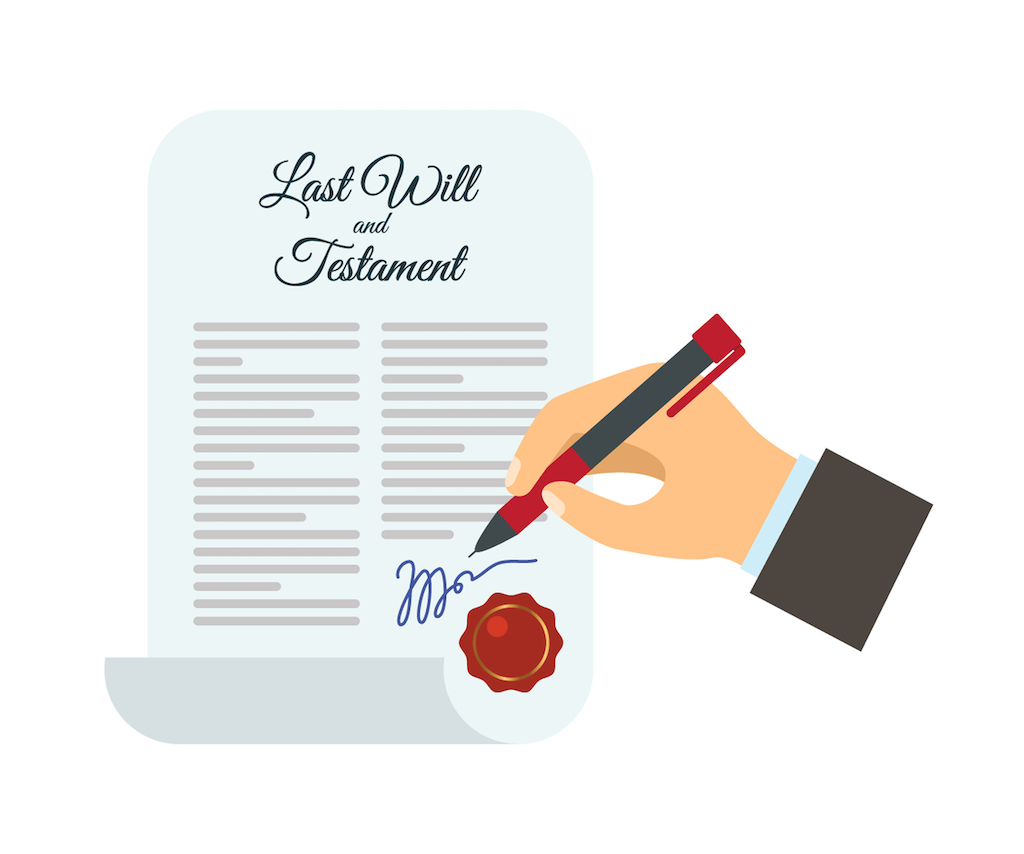
When a loved one passes away, the last thing you want to worry about is going through the probate process and the legalities surrounding their will (presuming one was executed). Probate is the legal process by which a decedent’s estate’s assets are distributed to beneficiaries. The process occurs whether someone passes away with a will having been executed (testate) or without having had a will executed (intestate). Of course, executing a will prior to one’s passing creates a far better situation for loved ones to handle a person’s estate than if the individual passed away intestate. However, worry and confusion regarding an estate with executed will and probate laws may still occur and are common. Although it can be a confusing process, Senen Garcia and SG Law Group are here to help.
Here, Senen gives Haute Lawyer his Do’s and Don’ts when dealing with probate laws!
Do’s:
- Do hire an attorney.
The laws surrounding wills are complex and difficult. From the distribution of assets to the various heirs to the selection of an executor including the possibility of a successor executor, trying to tackle estate planning matters alone can not only be risky but, in certain circumstances, also lead to disaster. Hiring an attorney such as those at SG Law Group is essential to help prevent as much risk as possible and lay a strong foundation for success.
The best way to ensure the probate process is as smooth as possible is to actually get started working with an attorney before one’s passing through the creation of a thorough estate plan so the necessary documents, such as a will, can be drafted ahead of time. A will is essentially an instruction manual for the probate process for both the court and the court-appointed personal representative (who will be ensuring the will’s actions are followed). It is a person’s chance to voice how they want their estate to be handled once they are no longer alive, and it ensures the person’s interests are followed and respected. Therefore, don’t wait to get started on your estate plan! Start protecting your hard-earned assets today!
- Do try to resolve the estate of the decedent through probate as soon as possible.
While there are some circumstances where it may make sense to wait to begin the probate process, this is usually not the case. This is because assets can not be distributed to the proper beneficiaries until the probate process plays out in court, and this can be a problem in many situations. For example, if there is a pending insurance claim on the deceased’s property, someone will need to have the authority to handle this matter since the person who did has passed away.
- Do try and get in contact with all potential heirs.
Whether the person passed away testate or intestate, it is important all heirs are notified so they can be prepared for the inheritance and decide if they ultimately want to accept their inheritance.
Don’ts:
- Don’t ignore creditors.
Creditors must be notified of the decedent’s death and have the opportunity to collect their balances due from the estate. While there exists the possibility of reducing or eliminating the necessity of paying the debt, creditors must still be notified before any distribution of assets occurs.
- Don’t sell any assets from the estate before probate is over, or has even started.
Once someone passes away, only someone representing the estate may act to transfer the estate’s assets. Such a person is assigned by the court and that person is called the personal representative. Should one transfer an asset without the authority, they would be committing fraud.
- Don’t damage the will.
Believe it or not, this issue happens more often than one might think. A damaged will to the court could be one that was simply unstapled or re-stapled. Another example is writing on the will. A beneficiary can’t be changed with scribbles on the will (even if they are signed or initialed). Any change must go through a formal process or it will be considered damaged and invalid.
SG Law group’s team of experienced attorneys is prepared to assist each and every client who comes through their doors to find a favorable resolution to their legal issue and find the peace of mind that only comes with working with an attorney. For more information or to contact the firm regarding an issue, please visit their website at https://www.sgarcialaw.com or email inquiries@sgarcialaw.com.























